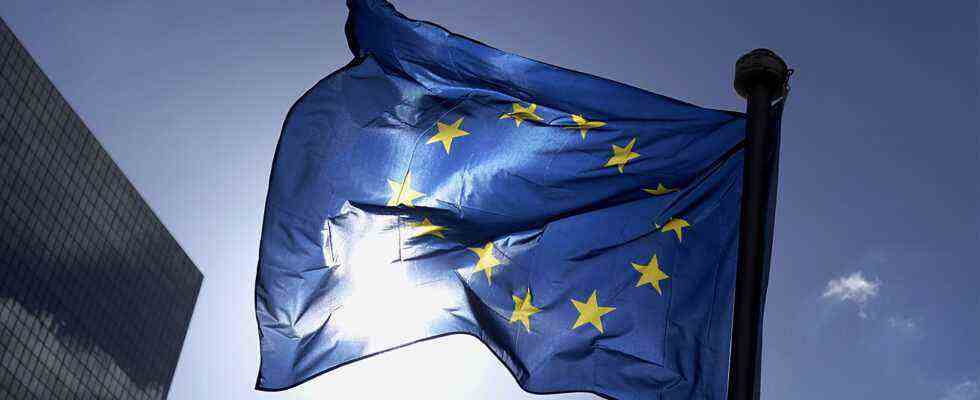Status: 01/13/2022 02:45 a.m.
What threats are currently dangerous to Europe? The EU foreign and defense ministers discuss plans for a new security policy concept in Brest. The aim is greater military independence.
NATO Secretary General Stoltenberg had brought a double message to the European Defense Ministers from the NATO-Russia Council on the French Atlantic coast in Brest. “NATO members remain ready for dialogue with Russia”, that was the first part. But then the second followed immediately: “No compromises on the fundamental question that each country can decide for itself which way to go”.
So no rapprochement in the dispute over a possible eastward expansion of NATO. Moscow perceives the decades-long advance of the NATO border to the east as a threat, while NATO sees it as realizing the peoples’ right to self-determination. Also no rapprochement in the dispute over the Russian troop deployment. A completely normal maneuver for Moscow, but for NATO the concentration of tens of thousands of heavily armed soldiers harbors the risk of war against Ukraine.
Because the fronts have gotten stuck on the major issues, small-scale progress should now be attempted. NATO wants to offer Moscow to reopen the embassies – they have been practically orphaned for months. And one wants to return to the method of confidence-building measures. For example, with open information about planned troop movements and maneuvers, but also with a revival of arms control.
Federal Defense Minister Christine Lamprecht thinks this is the right way to go. “It’s about talking to each other – about these differences, but also about looking for solutions”. Transparency and a new disarmament initiative could be “exactly the right path”.
Will Washington and Moscow end up being decided over the heads of the Europeans? The question arose last night in Brest, on the sidelines of the talks. But NATO Secretary General Stoltenberg rejected it with unusual clarity and also a little angrily. “There were 30 NATO allies at the table today and 28 of them were European NATO allies,” reported Stoltenberg about the NATO-Russia Council that had previously taken place in Brussels. You were sitting at the table, repeated Stoltenberg, and had discussed directly with Russia on a question that was “of the utmost importance for European security”.
Nevertheless – the impression that the Europeans are somehow not at eye level when Moscow and Washington talk about Europe’s security, this impression also played a role in Brest.
Today the ministers want to try to bring the plans for more European independence in security policy a little further forward. The project is called Strategic Compass and the first question is which threats are currently dangerous to Europe – the risk analysis ranges from the Ukraine crisis to cyber attacks. And then it will be about what the EU can do independently and without help from the Americans, militarily or diplomatically, on the other hand.
France has long been calling for more European autonomy in security policy. Defense Minister Francoise Parly assured “naturally within the framework of NATO” several times in order to avoid criticism of possible solo attempts. Nevertheless, many expect France to give the Strategic Compass, which Annegret Kramp-Karrenbauer initiated as Defense Minister, its own Parisian signature.
This is likely to be about economic interests – joint investments in large armaments projects and, that would be the Parisian ideal, more EU funding for a large area of security in Europe.
EU foreign and defense ministers meeting in Brest
Stephan Ueberbach, ARD Brussels, 13.1.2022 12:04 a.m.

